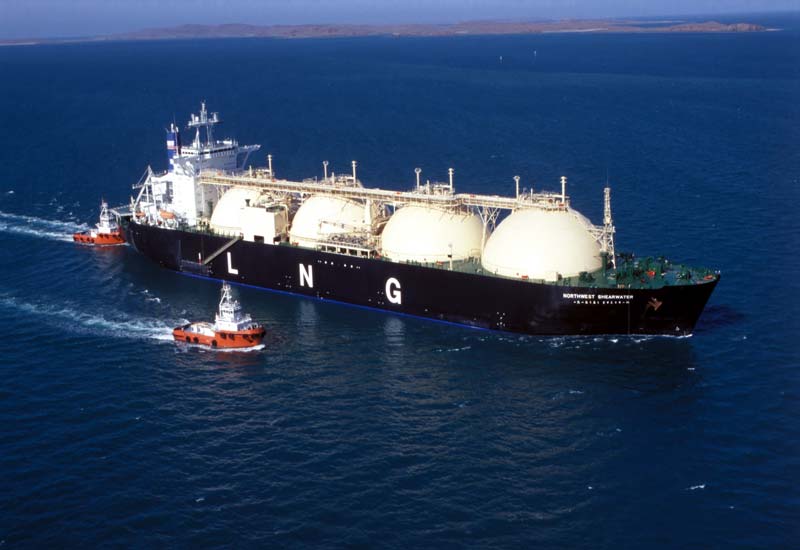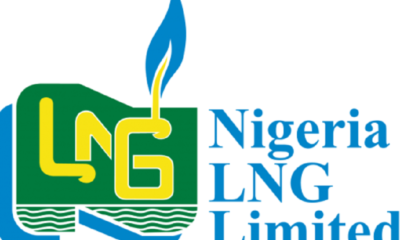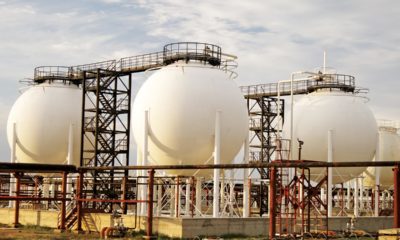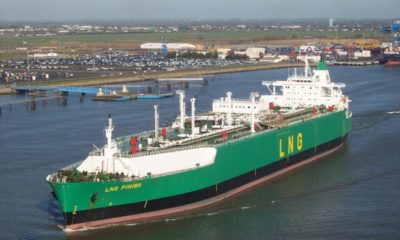- 223 Investors Bid for Nigeria’s Natural Gas Liquids
A total of 223 local and international investors in the oil and gas sector are bidding to lift Nigeria’s natural gas liquids.
Bids submitted by the firms were opened on Tuesday during the 2019/2021 Natural Gas Liquids bids opening ceremony at the headquarters of the Nigerian National Petroleum Corporation in Abuja.
The Group Managing Director, NNPC, Maikanti Baru, said the objectives of the NGLs tender were to engage reputable qualified companies to off-take natural gas liquids for the domestic and international markets and to ensure that the selection of off-takers was aligned with tested, transparent and accountable procedures in compliance with the Public Procurement and Nigerian Content Act.
Baru, who was represented by the corporation’s Chief Operating Officer, Gas and Power, Saidu Mohammed, said, “In addition to these objectives, it is our intention to sustain transparency in all our processes and select the best off-takers through a robust mix of big international players with strong Nigerian gas sector focus companies to ensure supply reliability and local capacity development.
“Our intention is to also stimulate investments in gas storage, marketing and distribution.”
On the number of companies who submitted bids, while speaking on the sidelines of the event, Baru stated, “A lot of companies submitted bids and they are 223 in number. There is an increase in the number of bidders because we have more local participation this time round . I can’t tell you the volumes they are bidding for right now, but I can assure that they are volumes that are beyond the demand of this nation.”
He said the country had been exporting all the volumes in the past, adding that the corporation had dedicated about 7,000 metric tonnes before and was increasing that volume for the local market.
Baru said the natural gas liquids advertised to bidders were not the only source of LPG for Nigeria, as the country was also getting LPG from NLNG.
“With our refineries coming on stream and other private sector refineries, LPG supply should be in abundance in this nation,” he stated.
He said the NNPC started the exercise about two, three years back to make sure that whatever it did was transparently and objectively done in a most efficient way.
Baru said, “So, this is step one, where we’ve invited bids from partners who lift our natural gas liquids and LPG from the various sources. We are to select partners who can add value to the natural gas liquids.
“We are not only focused on lifting and sending it out, but we are also focusing on the maximum value within the nation. In other words, we want to use this transaction to propel the LPG market throughout the nation and grow the market to the level that it deserves.”
He added, “Today, Nigeria is one of the lowest in per capita consumption of LPG, simply because we cannot penetrate and the only way to penetrate is to, first of all, make the commodity available. Once you make the product available, people will come and invest by way of storing, transporting and distributing it.
“But most importantly, we want to do that transparently to make sure that we get the right partners who would have the calibre we are looking for in terms of investment, capital layout and the marketability to penetrate the nook and crannies of this nation.”

 Forex3 weeks ago
Forex3 weeks ago
 Naira2 weeks ago
Naira2 weeks ago
 Billionaire Watch2 weeks ago
Billionaire Watch2 weeks ago



 Naira3 weeks ago
Naira3 weeks ago






 Naira2 weeks ago
Naira2 weeks ago




 Naira1 week ago
Naira1 week ago




 Naira4 weeks ago
Naira4 weeks ago






 Naira1 week ago
Naira1 week ago






















